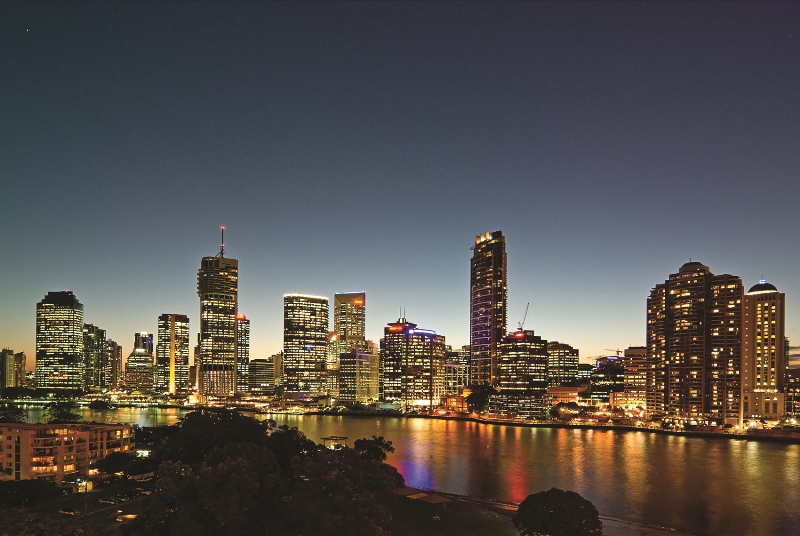Marcus Butler
27 July 2017: A new ranking of the ‘knowledge strength’ of 25 Australian cities by the University of Canberra has found only five cities are ready to capitalise on opportunities driven by information and technology.
The Knowledge City Index (KCI), released TODAY identifies Sydney, Melbourne, Canberra/Queanbeyan, Brisbane and Perth as top performers.
The study ranked cities based on a range of factors including residents’ tertiary qualifications, access to digital resources like high-speed broadband, income levels from knowledge-creating work and the number of people using technology to work flexibly (Smart Work).
Lead author and Dean of the University’s Faculty of Business, Government and Law Professor Lawrence Pratchett said the top cities had a good combination of size and proportion of knowledge-intensive industry.
“Canberra more than makes up for its small population, by having a far higher proportion of knowledge industry, like the local universities, the public service and other service-focused enterprises,” Professor Pratchett said.
“It has particular strength in the number of tertiary-educated residents and it attracts talented workers from Australia and the world to fuel its knowledge economy.”
The report shows after the top five performing knowledge cities there is a drop off, with Adelaide, Darwin, Sunshine Coast and Gold Coast-Tweed Heads less capable to adapt to the knowledge economy of the future.
“These middle-tier cities face some challenges in being ready to embrace a technology and information driven future,” Professor Pratchett said. “Adelaide, for example, has a low level of knowledge workers and the Sunshine Coast and Gold Coast regions rely on Smart Work opportunities.”
University of Canberra Professor of Built Environment and Design and co-author of the study, Richard Hu, said the remaining 16 low-ranked cities are of particular risk of missing out on the opportunities of the knowledge economy.
“Most of the tail-end cities are traditional port, industrial and mining cities, and we’ve identified significant weaknesses and limitations in their capacity to seize these kind of opportunities,” he said.
“It’s worth remembering that almost half of Australia’s population live in the top five performing cities, and we can see that they will be central to advancing the knowledge economy Australia-wide.”
The report identifies for government and industry the cities with untapped potential, where infrastructure and capital investment in knowledge enabling areas - like high-speed broadband – could help close the gap with the top ranked cities.
The report is available online.



